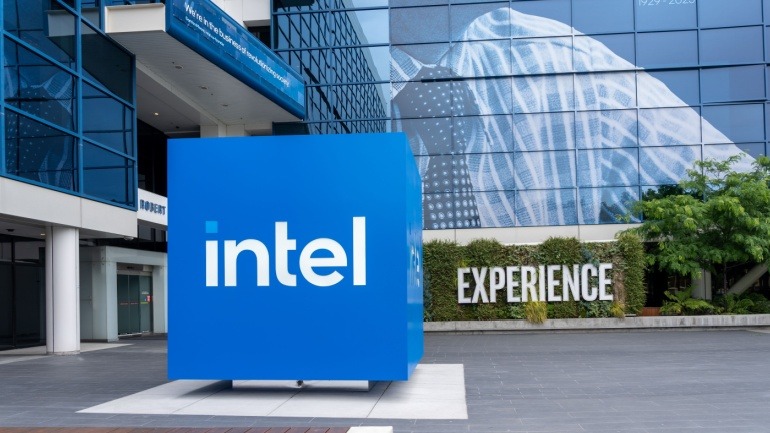Nvidia has informed its Chinese clients about a looming shortage of its H20 chip, a leading AI processor, amidst ongoing delays from the U.S. government in granting export licenses. This development follows a period marked by trade tensions and tightened restrictions on chip sales to China, part of broader U.S. efforts to maintain technological superiority.
Originally, Nvidia sold the H20 chip in China under export regulations set by the Biden administration. However, recent policy adjustments under the previous Trump administration have raised concerns over national security and technology access. As a result, the supply of H20 chips has become severely limited in China, affecting major tech companies like Alibaba, Tencent, Baidu, and others.
While Nvidia remains hopeful about obtaining approval for resuming shipments, there is substantial pressure from U.S. lawmakers to maintain strict control over H20’s exportation. Republican Representative John Moolenaar stressed caution, highlighting potential risks of these chips being used to bolster China’s military and censor public access to information.
Despite assurances from the U.S. Commerce Department to assess export license applications meticulously, Nvidia customers in China are left in uncertainty. The H20 chip’s capabilities are critical for AI advancements, with potential applications ranging from enhancing computational power to supporting large-scale AI models.
The debate underscores a larger geopolitical dispute where access to cutting-edge technology intersects with national security concerns. Some policymakers argue that China’s technological advances, partly powered by such chips, could threaten U.S. economic and military interests.







